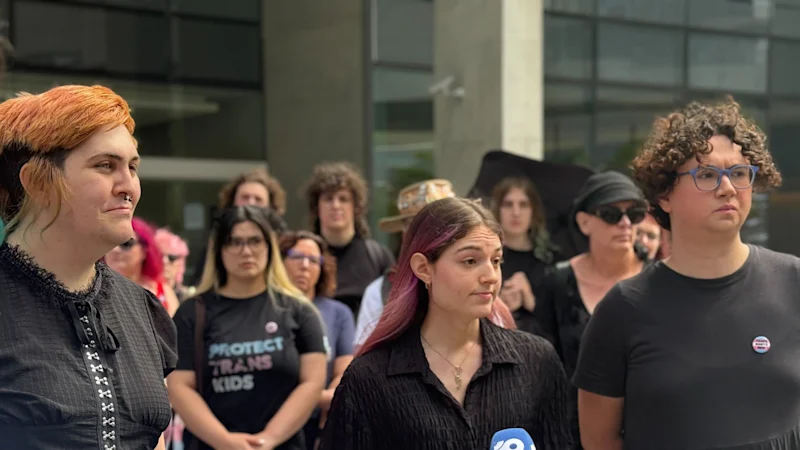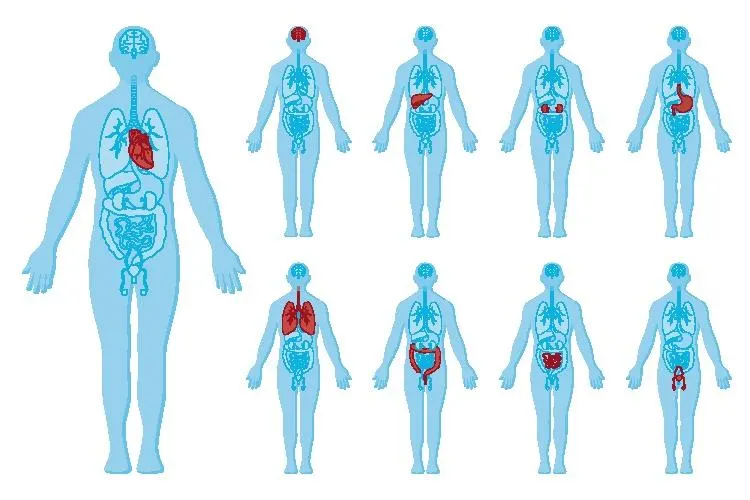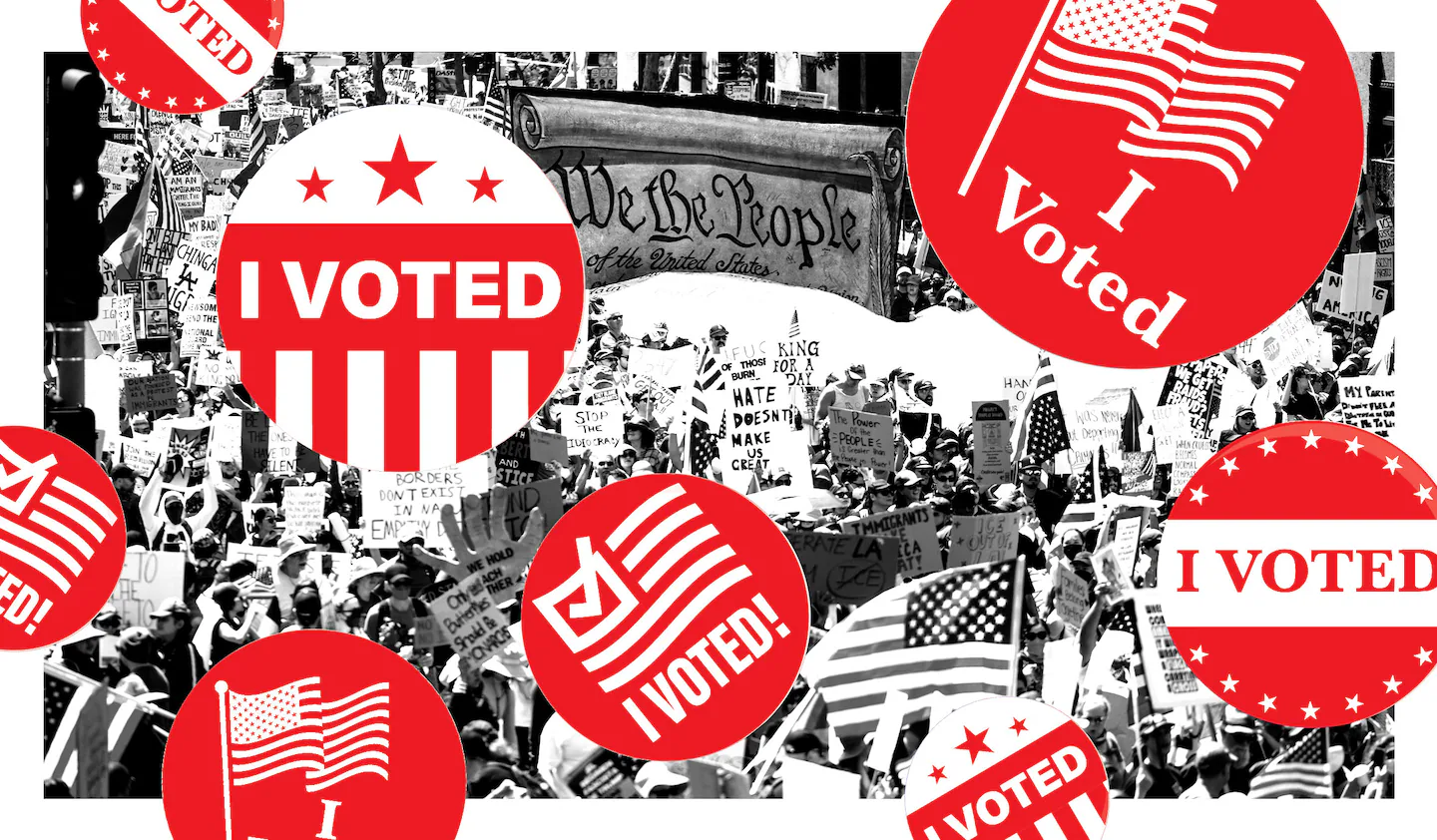Copyright cleveland.com

WASHINGTON -- Ohio Attorney General Dave Yost is part of a bipartisan coalition of 39 state and territory attorneys general calling on Congress to close a loophole in federal law that has allowed synthetic THC products to flood gas stations, convenience stores and online retailers across Ohio and nationwide. The letter, co-sponsored by attorneys general from Arkansas, Connecticut, Indiana and Minnesota, urges lawmakers to clarify the federal definition of hemp during the fiscal year 2026 appropriations process or through Farm Bill reauthorization. The coalition argues that manufacturers have exploited ambiguity in the 2018 Farm Bill to produce and sell intoxicating hemp products. “You should not allow irresponsible corporations to take advantage of your good work to purvey dangerous products in our states,” the letter reads. “We ask Congress to act decisively to clarify the Farm Bill’s definition of hemp to ensure intoxicating THC products are taken off the market.” The 2018 Farm Bill legalized industrial hemp for commercial use, defining it as cannabis containing no more than 0.3% delta-9 THC on a dry-weight basis. The goal was to promote industrial hemp for products like textiles and rope, but producers quickly exploited the definition. Producers realized they could legally sell products with intoxicating effects as long as they kept Delta-9 THC under 0.3%. Delta-9 is the most well-known psychoactive compound in cannabis. This has allowed a vast market of intoxicating edibles, vapes, and drinks to emerge, mimicking the effects of marijuana without facing any of the same regulatory oversight. The product landscape is vast, ranging from edibles and vapes sold in smoke shops to THC-infused beverages sold by major marketers. The coalition argued that state-level efforts to ban intoxicating hemp cannot adequately address the public health problem because a patchwork of regulations across the country cannot stop mail-order THC products. Because the Farm Bill is federal law, it opens up the floodgates for interstate commerce. The attorneys general said that prohibiting products containing intoxicating levels of THC would not inhibit the cultivation of hemp for industrial and agricultural uses, since hemp does not naturally contain intoxicating THC levels. In addition to Ohio, the coalition includes attorneys general from 38 other states and territories: Alabama, Arizona, Arkansas, California, Colorado, Connecticut, Delaware, Georgia, Hawaii, Illinois, Indiana, Iowa, Kansas, Louisiana, Maine, Maryland, Massachusetts, Minnesota, Mississippi, Missouri, Nebraska, Nevada, New Hampshire, New Mexico, New York, North Carolina, North Dakota, Oklahoma, Pennsylvania, Rhode Island, South Carolina, South Dakota, Utah, Vermont, Virginia and Wyoming, as well as Puerto Rico and the U.S. Virgin Islands. The letter was addressed to leaders of the Senate Committee on Appropriations, Senate Committee on Agriculture, Nutrition and Forestry, House Committee on Appropriations and House Committee on Agriculture.



